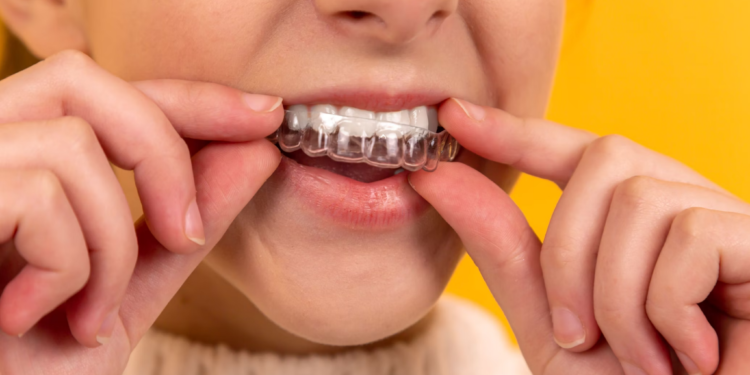Having good dental health not only helps to boost one’s self-esteem, but is also an indication of general health. Most of the time, diseases show early symptoms, but in the mouth, they sometimes hardly show any conditions and suddenly become severe. Recognising the early warning signs puts you in a better position to take action before they escalate into something worse that is painful, uncomfortable, and highly expensive to treat. Below are seven key symptoms that may indicate underlying dental problems.
Table of Contents
1. Persistent Bad Breath or a Bad Taste in Your Mouth
Constant foul smell, despite daily brushing, flossing, and dental visits, may indicate gum and tooth issues, bacterial growth, or untreated cavities. Although mouthwash can temporarily resolve these complications, you must visit your dentist to find a solution to the leading cause.
2. Bleeding Gums During Brushing or Flossing
Slight or occasional bleeding teeth are never normal and shouldn’t be ignored or brushed off lightly. It can signify gum disease in its minimal phase or incorrect teeth brushing. Various complications from untreated gum disease include tooth loss and many others. In any case, if your gums are swollen and tender, you should consult with a specialist even if they don’t bleed.
3. Tooth Sensitivity to Hot or Cold
Consuming hot or cold foods or beverages can cause sudden, painful sensations, indicating damaged tooth enamel and exposed inner layer. Common causes include decay, cracked teeth, or receding gums.
4. Persistent Toothache
Toothache is frequent with cavities and gum disease. Mouth pain can be modest, continuous, intense, and pulsing due to tooth decay, infection, abscess, etc. Don’t wait for it to heal—untreated issues will worsen and offer health hazards. Have your dentist examine this immediately.
5. Receding Gums or Teeth That Appear Longer
If your teeth appear longer than before, you may be struggling with receding gums. Gum recession is characterised by an increase in the proportion of the root of your tooth that is visible, hence sensitivity and the possibility of decay. It could result from gum disease or a tough brush with too much pressure. Early intervention is needed to prevent further deterioration and preserve your smile.
6. Loose or Wobbly Teeth
Permanent teeth should never be loose or slightly moved. Such a situation might indicate advanced gum disease, trauma to the tooth, or bone loss in the jaw. Dental implant specialists sometimes advise replacing severely compromised teeth for functional and health reasons. Treating loose teeth in time to retain your bite and smile is important.
7. Mouth Sores That Don’t Heal
When you develop ulcers that do not heal within two weeks, it may be due to some other illness, such as STD or oral cancer; hence, it must be treated.
Conclusion
Your mouth mirrors your general health, and neglecting certain signs and symptoms may only result in bigger dental health problems. If any of these symptoms pop up, do not wait—visit your dentist. This will help protect the smile and ensure long-term oral health through early detection.


 Home
Home









